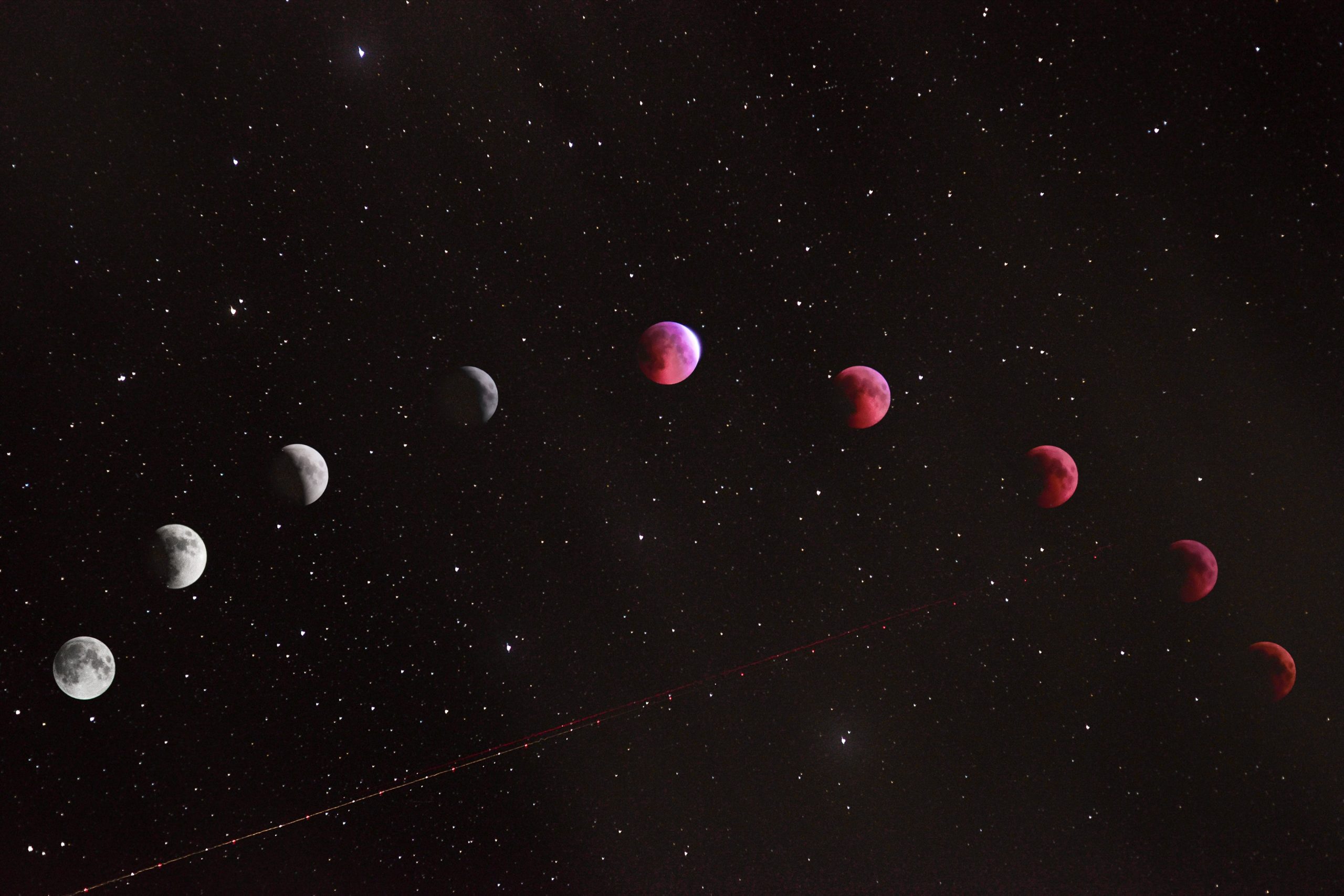Channeling Wikipedia: Unlocking the Wealth of Knowledge
Wikipedia, the world’s largest online encyclopedia, is undoubtedly the go-to resource for users searching for information on virtually any topic. With over 55 million articles in numerous languages, it has become the go-to source for individuals seeking knowledge. However, what if we told you that you can channel the power of Wikipedia in more ways than simply browsing its website? In this blog post, we’ll explore various methods to channel Wikipedia’s vast wealth of knowledge, allowing you to uncover hidden gems and enhance your information discovery process.
1. The Wikipedia API: An Open Gateway
The Wikipedia API stands as a powerful tool that allows developers and researchers to access the vast repository of information and consume it programmatically. By leveraging the API’s robust capabilities, developers can retrieve specific details from Wikipedia programmatically, analyze data, and build valuable applications or conduct in-depth research.
For example, imagine you’re conducting research on climate change. Instead of manually searching for articles and deciphering information, you can use the Wikipedia API to extract relevant data such as average global temperatures, historical emissions, or even graphs showcasing climate patterns. Armed with this information, you can gain a deeper understanding of the topic and potentially discover new insights.
Moreover, organizations and developers can integrate Wikipedia data into their applications, creating interactive experiences for users. This integration could involve embedding snippets of information on their website, incorporating Wikipedia search functionalities, or even providing suggestions and related articles to enhance user engagement.
2. Wikipedia Mining: Excavating Hidden Gems
While Wikipedia is an invaluable resource, simply navigating the website and relying on traditional search can sometimes overlook valuable nuggets of knowledge. Wikipedia “mining” is the process of extracting and analyzing data from Wikipedia’s vast collection to uncover hidden gems that might otherwise remain obscured.
One of the ways to effectively mine Wikipedia is by using topic-specific databases created from Wikipedia’s content. These databases allow users to perform complex searches, identify correlations, and generate new insights. For instance, if you’re researching historical data on global population growth, a topic-specific database could help you extract data points and visualize the information through graphs or interactive charts.
Another approach to mining Wikipedia involves using data analytics and natural language processing techniques to extract patterns, sentiments, or even identify knowledge gaps within articles. By analyzing the structure and content of Wikipedia, researchers have been able to gain new perspectives on various subjects. This approach facilitates deep-dives into Wikipedia’s articles, providing researchers with an opportunity to contribute valuable insights to the platform.
3. Wikipedia as a Collaborative Knowledge Base
Wikipedia’s collaborative nature is one of its core strengths. The platform empowers users across the globe to contribute, verify, and improve articles, fostering a collaborative knowledge base that is continually evolving. As a result, leveraging Wikipedia’s extensive community can open doors to new research collaborations and a profound exchange of knowledge.
One way to utilize the collaborative nature of Wikipedia is by participating in projects such as “WikiProjects.” These projects focus on specific areas of interest, ranging from medicine and history to biology and technology. By joining a WikiProject, you gain access to a community of like-minded individuals who pool their knowledge and efforts to improve Wikipedia’s content within their domain.
Moreover, Wikipedia also welcomes researchers who want to contribute their expertise, ensuring that articles assigned to specific domains remain accurate and up-to-date. Whether it’s fact-checking, expanding content, or adding references, researchers can become active participants in the evolution of human knowledge by collaborating with Wikipedia.
4. Wikipedia Semantics: Discovering Relationships
Wikipedia’s wealth of information can be harnessed not only at a document level but also by extracting the underlying semantic relationships between articles. By analyzing the connections between various topics, researchers and developers can uncover hidden relationships and enhance their understanding of complex domains.
For example, Wikipedia’s internal linking structure can be utilized to create semantic networks that connect related concepts. By building upon these networks, researchers can develop sophisticated recommendation systems, intelligent search algorithms, or even perform sentiment analysis by examining interconnected articles and their associated sentiments.
Similarly, the structured data provided by Wikipedia through initiatives such as Wikidata allows researchers to dive into the dependencies and relationships between entities. By exploring this structured knowledge, new insights can emerge, and complex systems can be better understood.
Conclusion
Wikipedia is not merely a vast knowledge repository; it is a playground for research, collaboration, and discovery. By leveraging the Wikipedia API, exploring hidden gems through mining, engaging in collaborative efforts, and analyzing the underlying semantics, we can channel Wikipedia’s immense potential and tap into its wealth of knowledge in innovative and transformative ways.
So, whether you’re a developer, researcher, or simply a curious individual, dive deeper into Wikipedia and unlock the treasures that lie within. In doing so, you’ll be on a journey to expand your understanding of the world and contribute to the collective knowledge of humanity.
Table of Contents
